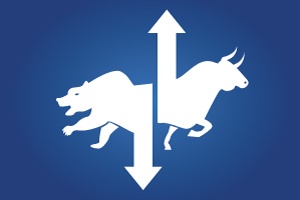U.S. markets have bounced back a bit after yesterday’s decline, but I think investors are still rattled by recent developments. I said yesterday that I don’t think this is the onset of the big one, and we shouldn’t worry. At the same time, it is certainly possible that we’ll see markets fall even further. If it’s not time to worry yet, when will it be?














